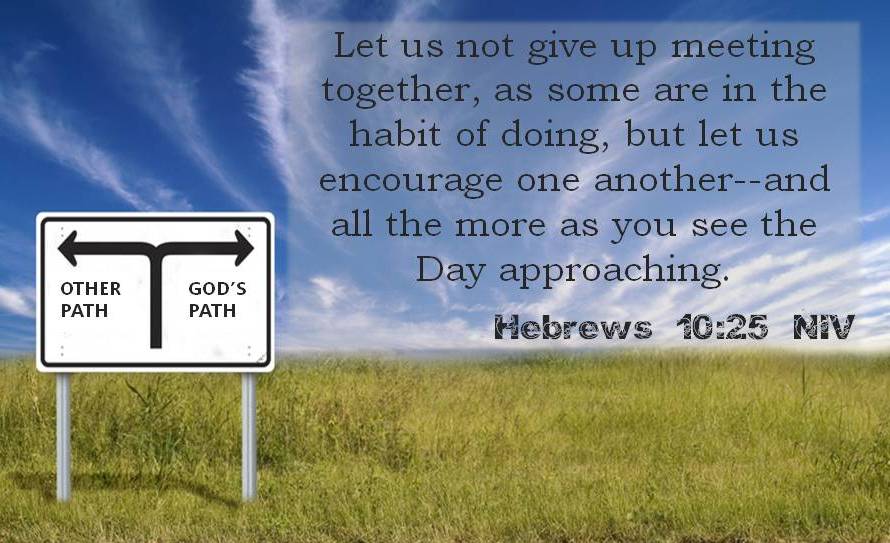Home | About Us | Directions | Bulletins | Sermons & Audio | Cross Of Christ Studies | Classes | Student and Parent Resource Page | Dangers Facing the "Non-Traditional"
Of Me and Change...
by Edward O. Bragwell, Sr.
Ok. I admit it. When it comes to the practice of my faith and the church, I am resistant to change. If that makes me an old moss back or one stuck in the mud, so be it. The fact that we have “always done it” doesn’t affect me in the least – if the way we have always done is right. Quite frankly, I spend very little time sitting around trying to think up something new to try. Why?
First, “the faith” was once for all time delivered to the saints in the First Century (Jude 3). So, anything that is a part of “the faith” should not be changed. It must remain as it was in the back then. The spiritual needs of man have not changed with time, nor does the way to meet those needs change. God’s way of saving men or making men righteous must remain as it has been for over 2,000 years. The activities and nature of the church as revealed in “the faith” must also remain constant. We must not mess with it. Any changes made in this area will result in nullifying the benefits that God meant to bring mankind through the “the faith” or “the gospel.” (Gal. 1:6-9).
Second, there are means and methods sometimes called expedients involved in carrying out those things required by “the faith.” And it is true that in this area things may change from time to time and place to place without violating the scriptures. In this area, one might even be innovative. Yet, even in this area, I confess that I am still somewhat resistant to change or innovation. Before getting behind any change or innovation, I want some questions answered:
1. Does it violate any principle taught in the Scriptures.
2. Why is this better than those, admittedly lawful expedients, that we are doing now that have been refined and proven over many years of use.
3. Will this make our worship more acceptable to God than it is now or make us stronger as Christians that we are now?
4. Does this present any real danger of being a precursor to other changes that we would not want to see made. Sometimes efforts to “tweak” things a bit results in over-tweaking and breaking it. There is a lot to be said for “if it ain’t broke, don’t fix it.”
5. Is this proposed change being made to better please God and honor Him more, or is it more about you – just to satisfy your desire to change and “get out of a rut?” It may be that the problem that got you “in a rut” is not how things are being done, but you have allowed your mind to get “out of the groove” of worshiping and serving God with your all – might, heart, mind and soul – using the expedients already in place.So, if I am to endorse one’s proposed change or innovation he needs to give good solid reasons for my doing so. I admit that I like my comfort zone and am reluctant to have it disturbed unnecessarily. Yet, I hope that I am not so wed to that zone that I will not leave it even when solid evidence is given that I should. Nor do I mind having it challenged. I recognize that in this area of expediency that being neither “new” nor “old” of itself makes a thing either right or wrong. But, constant efforts to get me to blindly favor this or that new unproven “fad” will not likely get me excited in a positive way.
Other Articles by Edward O. Bragwell, Sr.
The Gospel of Community Service
A New Dogma
When They Go Out From Us
Is Unrestricted Loyalty a Virtue?









